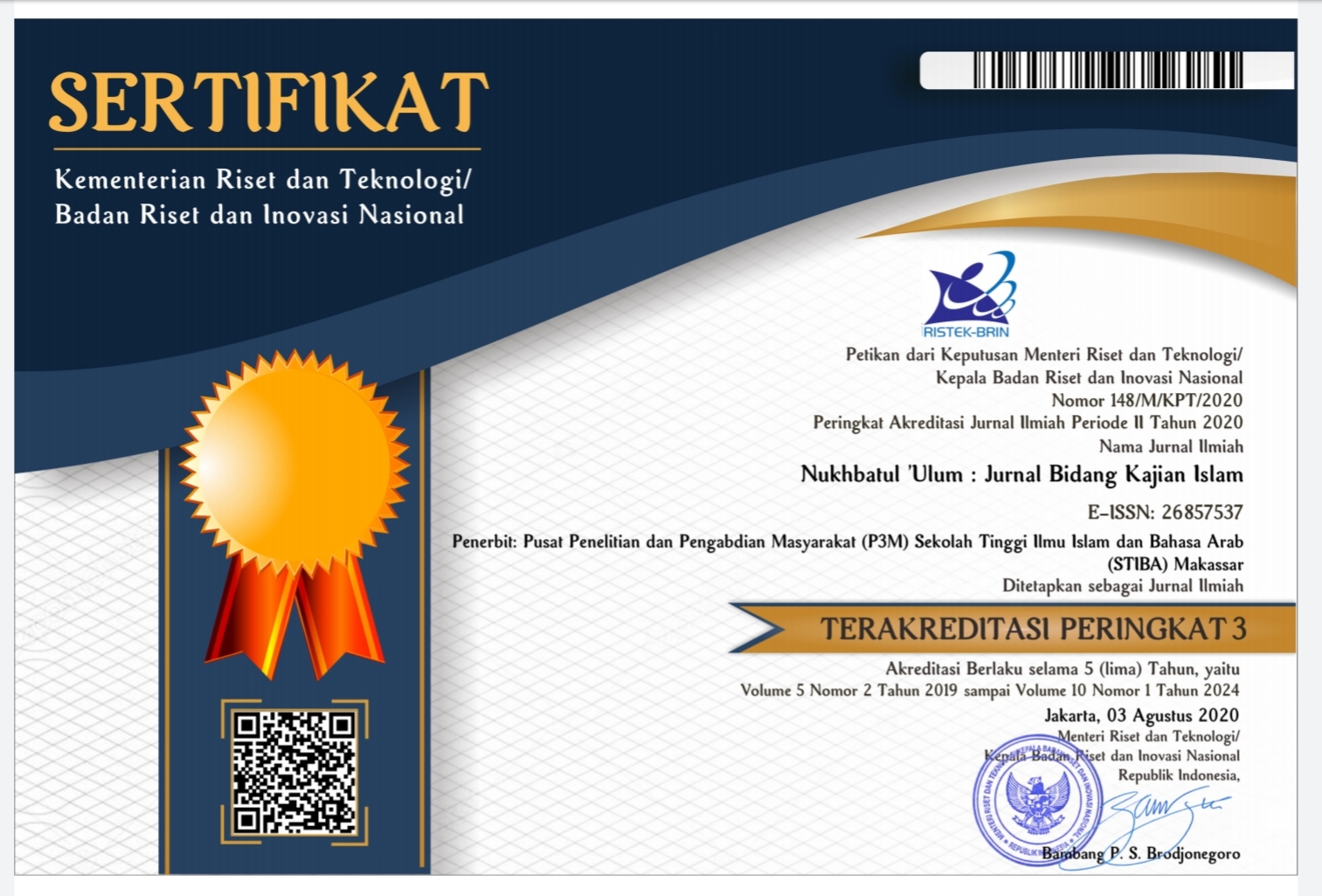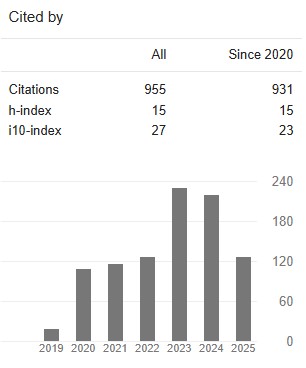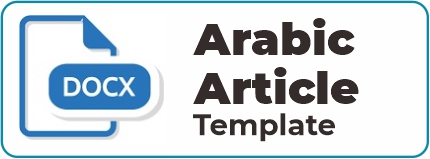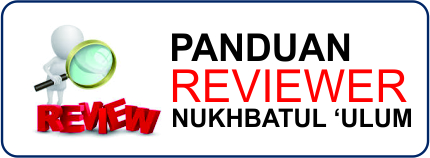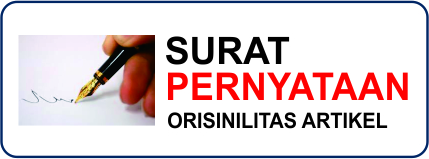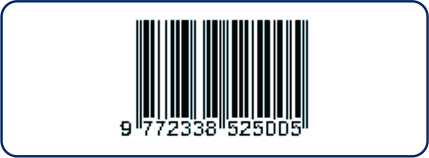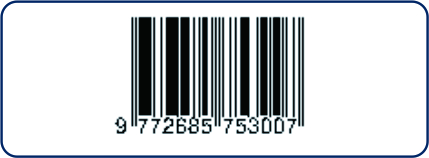Kajian Akhlak Rasulullah dalam Meningkatkan Kinerja Entitas Bisnis pada CV. Sulawesi Herba Nusantara di Kabupaten Soppeng
Study of the Morals of Rasulullah in Improving the Performance of Bussiness Entities on CV. Sulawesi Herba Nusantara in Soppeng Regency
DOI:
https://doi.org/10.36701/nukhbah.v8i2.605Keywords:
morals, performance, businessAbstract
This study aims to determine how the study of the morals of the prophet Muhammad. In improving the performance of Islamic business entities on CV. Sulawesi Herba Nusantara in Soppeng Regency. This type of research is qualitative using a theological-normative, phenomenological and Islamic economic approach. The results showed that CV. Sulawesi Herba Nusantara has four performances, namely; material performance, mental performance, spiritual performance, and fraternity performance. The morality of the Messenger of Allah. in improving company performance, namely: Shiddiq: constructing the value of admitting mistakes, being responsible, and committed, having an impact on material performance. Tabligh: constructing the value of discussing together, solving problems in a good way, and criticism and suggestions as a means of evaluation, has an impact on mental performance. Amanah: constructs the value of responsibility and trust, has an impact on mental performance. Fathanah: constructing spirituality through the value of a good attitude, being educated and performing prayers, has an impact on spiritual performance. Al-samahah: constructing the value of deliberation related to mental performance and Islamic philanthropic values and creating jobs, having an impact on the performance of brotherhood. The implication of this research is to make business entities aware of the importance of applying the morals of the Prophet Muhammad in their operation.
Downloads
References
Amaliah dkk, Ima. “Pengaruh Nilai Kerja Terhadap Kinerja Karyawan.” Jurnal Administrasi Bisnis 9, no. 3 (2013): 85.
Anggadwita dkk, Grisna. “Enterpreneurial Intentions from an Islamic.” A Study of Muslim Enterpreneurs in Indonesia, n.d., 174.
Anshori, Abdul Ghafur. Perbankan Syariah Di Indonesia. Yogyakarta: Gadjah Mada Univercity Press, 2007.
Asfahani, Ar Raghaib al. Mufradat Alfadz Al Quran. Damaskus: Daar al Qalam, 2009.
Dkk, Marsudi. “The Implementation of Islamic Values in Improving the Quality of Employee Performance in Workplace.” KnE Social Sciences 3, no. 13 (2019): 559.
Ghoniyah, Nunung, and Sri Hartono. “The Role of Islamic Corporate Governance in SMEs to Improve the Welfare of Society.” International Journal of Economic Research 11, no. 3 (2014): 601–13.
Hasibuan, Malayu. Manajemen Sumber Daya Manusia, Edisi Revisi. Jakarta: Raja Grafindo Persada, 2006.
Ibn Manzur, Abu al Fadhl Jamaluddin Muhammad ibn Mukran. Lisan Al Arab. Beirut: Dar Sadr, 1995.
Indrayani, Henni, Mahyarni, Astuti Meflinda, and Nurfaisal. Manajemen Sumber Daya Manusia. Edited by Arisman. Pekan Baru - Riau: Suska Press, 2013.
Kartono. Psikologi Sosial Untuk Manajemen Perusahaan Dan Industri, 2004.
Mangkunegara, A.A Anwar Prabu. Manajemen Sumber Daya Manusia, 2009.
Mika Febriyanti, Iyan Sopyan. “Kualifikasi Pemasok Bahan Baku Yang Digunakan Pada Industri Farmasi.” Majalah Farmasetika, 2020.
Muhammad Nafik Hadi, Ryandono. “The Influence of Islamic Brand Personality Towards Bank Muamalat Surabaya Brand Loyalty.” KnE Social Sciences 3, no. 13 (2019): 683.
Nasional, Departemen Pendidikan. Kamus Bahasa Indonesia. Jakarta: Pusat Bahasa, 2008.
Nazhani Mahmud dkk, Nurfarizan. “Prophet Characters: Bencmark for Code of Ethics for Directors.” International Journal of Academic Research in Business and Social Sciences 7, no. 12 (2018): 210.
Nunung, Hartono. “The Role of Islamic Corporate Governance in SMEs to Improve the Welfare of Society.” International Journal of Economic Research 11, no. 3 (2014): 601.
Nurindasari, Diana. “Konsep Pengukuran Kinerja Berbasis Kesejahteraan Islam.” Jurnal Akuntansi Multiparadigma 9, no. 3 (2018): 394.
Rahman Rahim, Saiana Nirwana. “Strategi Mewujudkan Pasar Niaga Daya Menjadi Pasar Islam Berbasis FAST (Fathonah, Amanah, Siddiq, Tabligh) Di Daya Kota Makassar.” Jurnal Ekonomi Islam 1, no. 1 (2019): 223.
Raihanah. “Konsep Kejujuran Dalam Islam.” Al Adzka Jurnal Ilmiah Pendidikan Guru 7, no. 1 (2017): 22.
Syafrizal, Rodi. “Analisis Kinerja Islamic Human Resourch Metode Maslahah Scorecard (Studi Kasus Pada PT. Inalum),” n.d., 282.
Triyuwono, Iwan. “Mengangkat Sing Liyan Untuk Formulasi Nilai Tambah Syariah.” Jurnal Akuntansi Multiparadigma 2, no. 2 (2011): 188–89.
Wahyu Margi Sidoretno, Ira Oktaviani Rz. “Edukasi Bahaya Bahan Kimia Obat Yang Terdapat Di Dalam Obat Tradisional.” Jurnal Pengabdian Masyarakat Multidisiplin 1, no. 2 (2018): 120.



